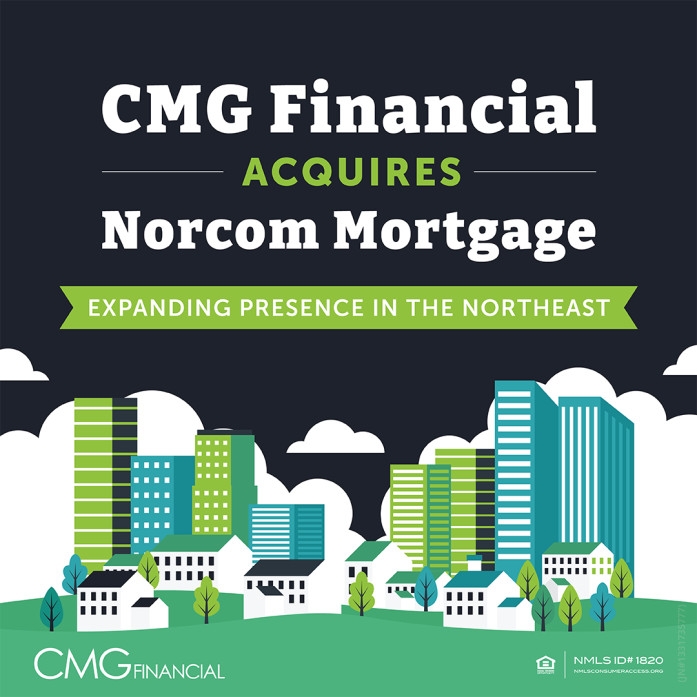Advertisement
Better SAFE Than Sorry

If you read my article last month, “Go Dinosaurs!” you will know that I recently left a commercial bank to go back into the mortgage broker world. If you haven’t read it, go read it now (see page 40 of the August 2013 issue of National Mortgage Professional Magazine). I will wait here.
Besides the low pay, the one thing that struck me while working at the bank was the crappy quality of the loan officers. I guess if they were higher quality, could get their own leads, didn’t have credit problems or a spotty license record, they would be mortgage brokers. I think some of them were just too scared to take the SAFE test.
This is from the online FAQ of the NMLS Resource Center:
Question: If I work for a commercial bank, do I need to take the SAFE MLO Test?
Answer: If you work for an insured depository regulated by OCC, OTS, FDIC, FRB and NCUA or the Farm Credit Administration, you are not required to take the SAFE MLO Test. As a registrant you are eligible to take the SAFE MLO Test.
So riddle me this, Batman … say you are a legislator, and you want to make sure the public is getting the most professional, trustworthy and smartest loan officer there is to protect the public … why do mortgage broker loan originators have to take the SAFE test, but not bank loan officers? If both are dealing with the public in the same capacity, why is one treated differently from the other?
Let me give it to you in a nutshell. The banking lobby is bigger than the non-existent mortgage broker lobby. Big business wins over the mom and pop shop. It is totally unfair, but there it is.
I took my SAFE test about two years ago while working at the bank. I was happy at the bank at that time. I did not need to take the test, but it gives you a leg up if they treat you badly and you want to jump ship one day. Most bank loan officers don’t do that, and guess what … when they do decide to leave, they have a longer ramping up period if they decide not to go to another bank. For the cost of a SAFE class and test, it is good to have “options,” if you know what I mean.
As I said before, “I am a Dinosaur.” I have been a mortgage broker over 20 years ago. I started in Virginia. That was before you needed to be licensed, unless you owned the place. That was before you needed to take a test. That was before you needed to take a class. Basically, if you could find someone to hire you, you could have been a hobo on the street just before becoming a loan officer. Back then, I knew some loan officers that were.
I am currently licensed as a mortgage loan officer in Virginia, Maryland and the District of Columbia. I just completed this year’s continuing education (CE.) I literally took the class lying in my bed in my underwear. Just a few years ago, if I tried that in a CE classroom, I would probably have been arrested. CE classes have come a long way.
Back when I owned Carteret Mortgage, I had to fly from state to state taking my CE classes and state tests. Now, all the classes are online and my local testing facility covers most states. It’s like living with The Jetsons. One class even required I get a camera for my computer so they could watch me to make sure I was not dozing in class. Okay, that class I had to get dressed from the waist up.
One question I get is, “Do I market and leverage my education and/or professional industry certifications and designations to consumers.” LOL. Get real. Do you think borrowers have the slightest clue on what it takes to be a loan officer? No, they would sell their grandmother for an 1/8 percent lower rate. Still, it is up to us, for our own benefit, to be the most knowledgeable salesman for our product. The more you know, the more you make. I would take the classes even if they were not required. Consumers go with the smartest guy and the one they know can help them. Of course, having the lowest rates also helps a bit.
Speaking as a Dinosaur who has seen it all, I am very happy with the SAFE test. I think it should be required of all loan officers (even bank loan officers), There is no doubt; it keeps out the riff and the raff that were previously in the industry during the last financial boom. It creates baseline knowledge, and may I say a level of intelligence that hereto was not in the industry.
This is one loan officer’s opinion. If you want me, I will be in bed in my underwear.
Eric Weinstein worked in banking, on the commercial real estate side until 1991, when he fell in love with residential lending. In 1995, he started a small mortgage company in his basement called Carteret Mortgage Corporation, which in 2003, grew to one of the largest mortgage broker companies in the United States. These days, Eric is semi-retired, doing mortgages by referral only. As he likes to put it, “He is either saving people money per month or helping them buy a new home. What a great job!” He may be reached by phone at: (703) 505-8692 or e-mail [email protected].
About the author





